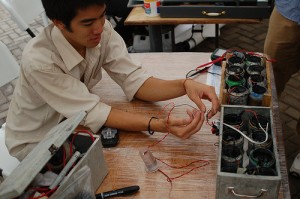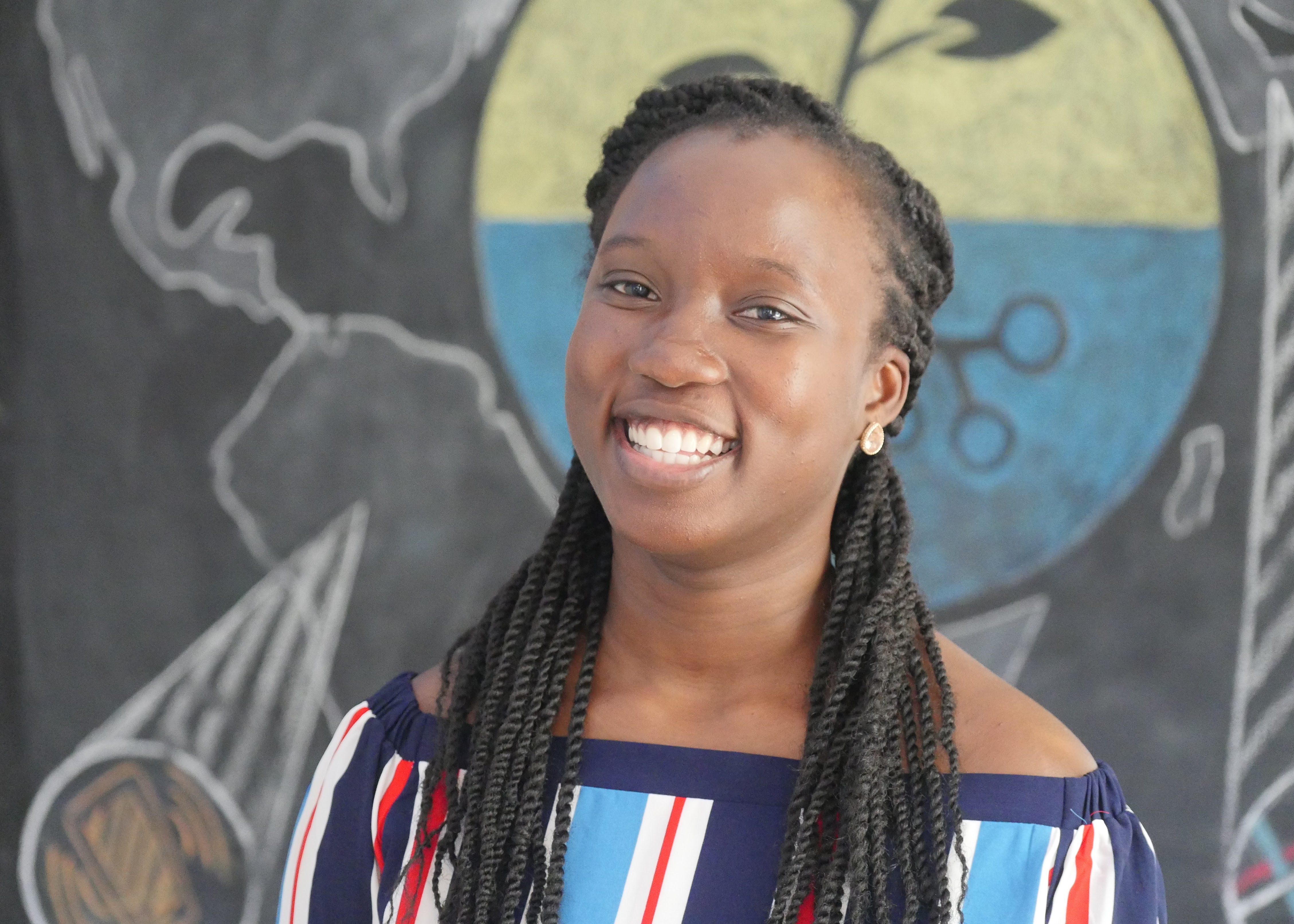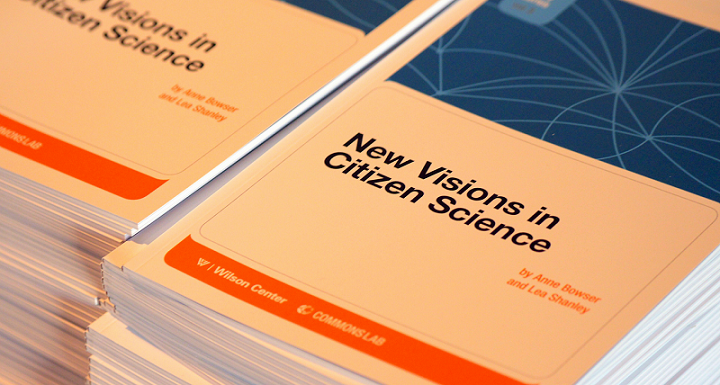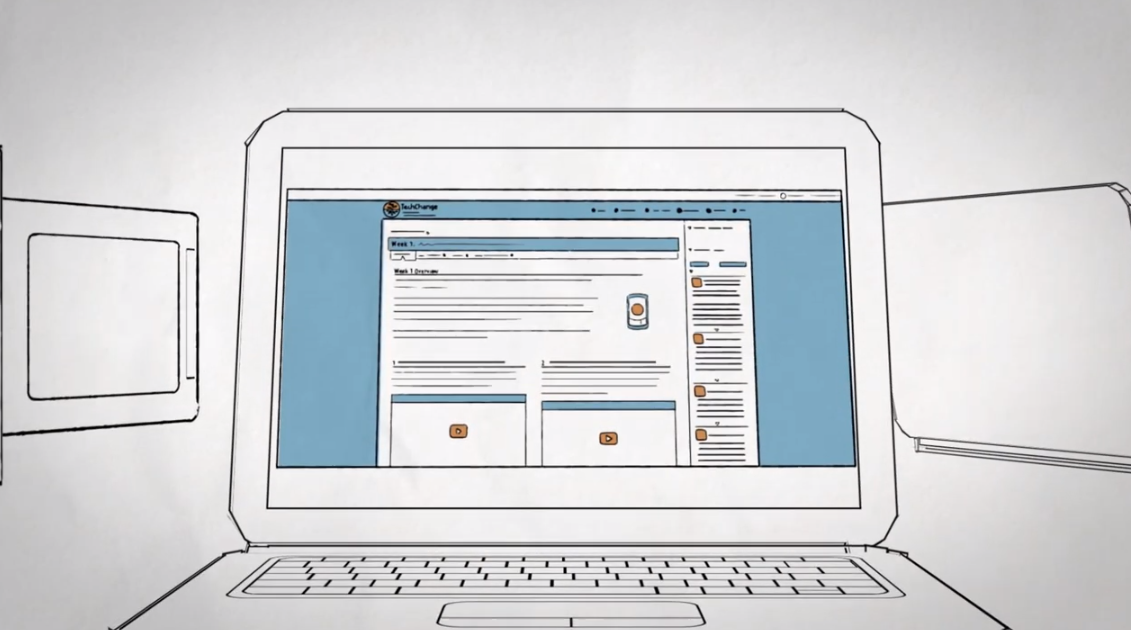An issue that comes up time and again in the technology for development space is whether to focus on an applications’ reach or the richness of services provided. In the next couple of posts I’m going to be looking at how this debate is playing out in mHealth.
 The X-prize Foundation, which helped sparked a commercial space race, is going to be offering a $10 million incentive to the first team who can replicate the diagnostic ability of live physicians on a phone with an artificial Intelligence diagnostics tool. The technique would likely be based around having a patient answer questions while the phone analyses photos taken of any symptoms.
The X-prize Foundation, which helped sparked a commercial space race, is going to be offering a $10 million incentive to the first team who can replicate the diagnostic ability of live physicians on a phone with an artificial Intelligence diagnostics tool. The technique would likely be based around having a patient answer questions while the phone analyses photos taken of any symptoms.
One potential technique was recently developed by Applied Nanodetectors. Their mobile based breath analyzer contains sensors that can detect the composition of gasses in the users breath. It then goes one step further by comparing those results with the known characteristics of diseases. The company says that it currently can identify asthma, diabetes and lung cancer, as well as less chronic conditions like halitosis (bad breath).
While the smartphone physician or breath analysis may be most useful in situations where a health worker has access to the phone, these “richer” applications will also exploit the “glued to the hip” nature of modern mobile users. HeartToGo is one example of this. This application tackles cardiovascular disease, the world’s leading cause of death, by constantly monitoring a users cardiac health with an ECG. Not only does the phone collect the information but it analyses the data for abnormalities. It will even automatically alert emergency services in the event of a heart attack.
I’m excited to explore more examples in the weeks and months to come. Stay tuned and feel free to share any mHealth case studies that you come across.



